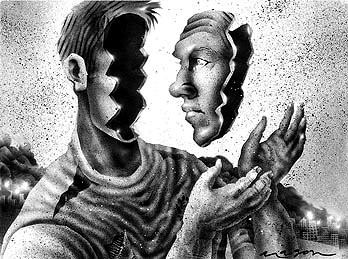Is incarceration more humane than corporal punishment?
Thank you Mr Wynn P Wheldon for such a significant question! Michel Foucault wrote extensively on this subject. My answer will be based on some of his insights. First let us understand what is meant by the word “humane”. We usually mean “merciful”, which implies that somehow incarceration is a “softer” kind of punishment than […]
Is incarceration more humane than corporal punishment? Read More









